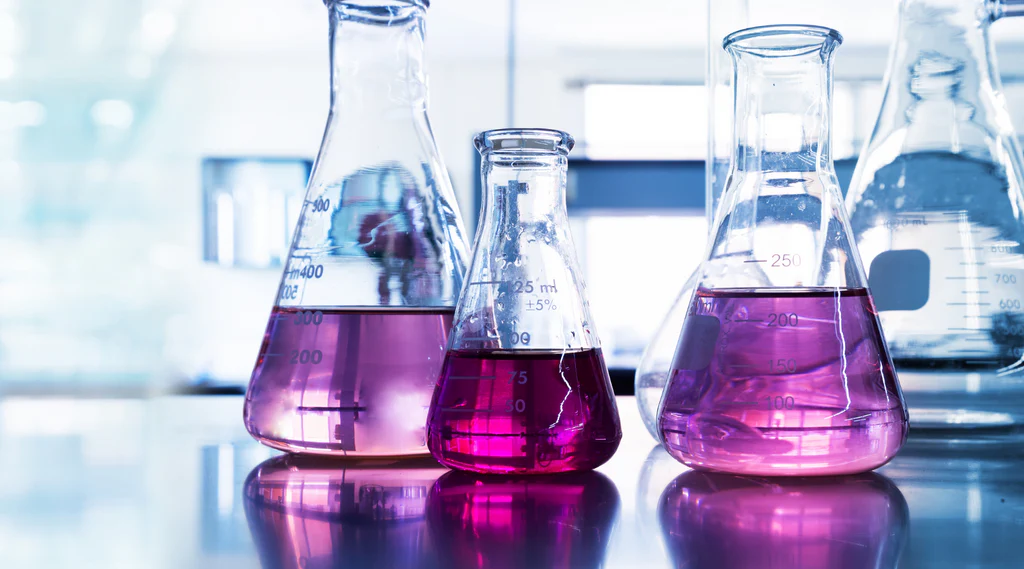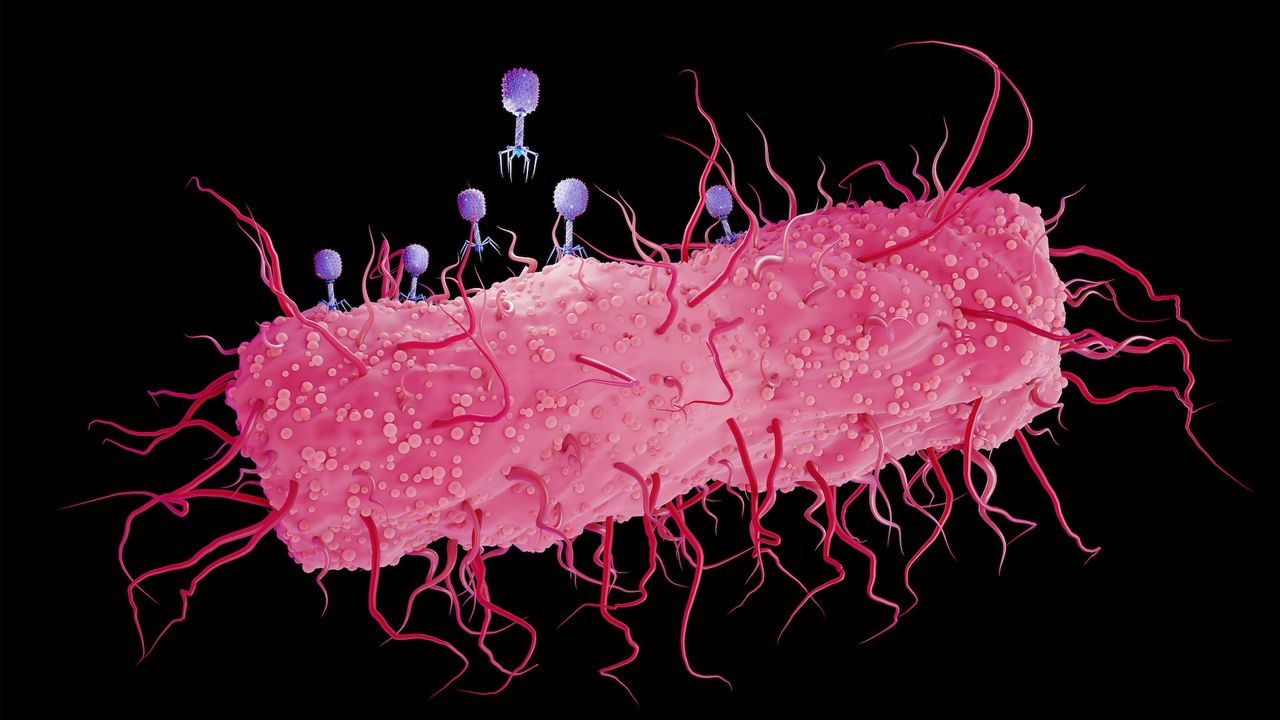Urgent Alert: Avoid These Common Lab Glassware Mistakes NOW!

URGENT UPDATE: Laboratory safety is at serious risk as new insights reveal critical mistakes in handling lab glassware that could jeopardize experiments and personnel well-being. Laboratory experts are emphasizing the need for immediate awareness to prevent accidents and ensure precise results in scientific research.
Just announced, the top issues affecting lab glassware usage include improper measurement techniques, using damaged equipment, and neglecting cleaning protocols. These mistakes not only compromise the integrity of experiments but also pose significant safety hazards in laboratory environments.
Experts stress that proper usage is vital. For instance, when using measuring cylinders, it is crucial to read the meniscus at eye level to guarantee accuracy. Failing to do so can lead to substantial errors, impacting vital research outcomes. Additionally, using glassware with chips or cracks can lead to dangerous breakages under heat or pressure.
Another alarming oversight involves cleaning glassware. Residues from previous experiments can contaminate new samples, skewing results. Laboratory personnel must adhere to strict cleaning protocols, using appropriate solvents and ensuring thorough rinsing and drying.
Furthermore, improper storage of glassware can lead to accidents. Heavy items should not be stacked, and glassware must be kept in stable shelving to prevent tipping. Experts recommend storing glassware in a clean, dry area to maintain safety and functionality.
During experiments, mishandling glassware can result in spills, contamination, and accidents. It is essential to use funnels when transferring liquids and to ensure a stable base for all glassware to avoid slips.
Another critical factor is thermal shock—a rapid temperature change can cause glassware to break. Laboratory personnel are advised to gradually heat glassware and allow it to cool before cleaning to prevent this.
Neglecting the compatibility of glassware with chemicals can lead to aggressive reactions. Always verify material compatibility to avoid potentially hazardous situations. Regular calibration of measuring devices is also necessary to maintain accuracy over time.
Personal Protective Equipment (PPE) is mandatory in lab environments. Wearing gloves, goggles, and lab coats is essential to protect against cuts from broken glass and exposure to harmful substances.
Maintaining lab equipment, including centrifuges, is crucial for conducting experiments safely and accurately, complementing the careful handling of glassware.
In conclusion, being aware of and avoiding these common lab glassware mistakes is critical for ensuring safety and reliability in scientific endeavors. Implementing a culture of caution and providing regular training on proper glassware usage are essential steps towards maintaining high standards in research and experimentation.
Stay tuned for further updates as this story develops, and share this vital information with your network to help enhance laboratory safety worldwide!






